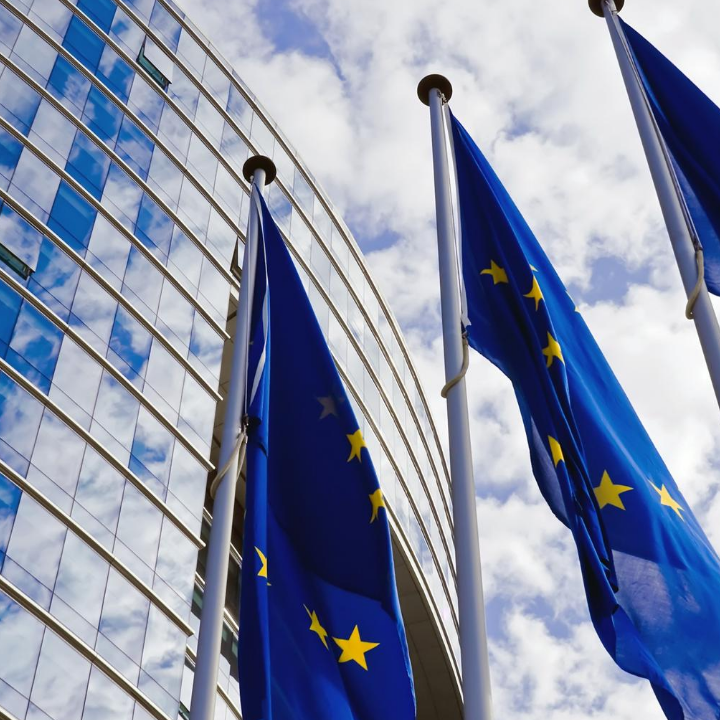EU: Experts criticise leaked draft Omnibus proposal for introducing deregulation rather than simplification

Photo: sinonimas, Getty Images via Canva
'Omnibus leak: EU climate credibility at stake as competitiveness triumphs'
...The news dropped on Friday evening that the European Commission had sent its proposal aimed at simplifying the rules and regulations governing sustainability reporting and due diligence for examination by the relevant internal departments. Many of those involved in drawing up the laws in recent years have expressed horror at the extent of the proposed changes, accusing the EU executive of deregulation rather than simplification... Campaigners say the proposed changes would jeopardise the bloc’s ability to meet climate and environmental protection goals.
“If confirmed, this is reckless,” says Maria van der Heide, head of EU policy at non-profit ShareAction. “Sustainability laws designed to tackle the most pressing crises — climate breakdown, human right abuses, corporate exploitation — are being crossed out behind closed doors and at record speed. This is not simplification, it is pure deregulation.”
The proposal would “dismantle the EU sustainable finance framework, backtracking a decade of progress and stripping away the tools investors need to make informed, sustainable investment decisions and drive capital towards a fair, resilient economy”, she says... Julia Otten, senior policy officer at law firm Frank Bold, says: “Removing 85 per cent of companies from the CSRD without giving them any standardised format will lead to less reliable and comparable sustainability data and penalise first-movers.” Indeed, reducing the scope so dramatically would make it narrower than that of the CSRD’s predecessor, the 2014 Non-Financial Reporting Directive, which applied to companies with more than 500 employees.
As a result, businesses with 500 to 1,000 employees that have been reporting under the NFRD since 2018 would no longer be required to do so...
Civil liability [in the CSDDD] would be scrapped, and there would be no due diligence for financial institutions...
Business and human rights lawyer Daniel Schönfelder suggests restricting the CSDDD to direct suppliers risks increasing rather than reducing red tape for companies, and calls on the EU to “avoid repeating” the same mistakes he perceives Germany has made with its own supply chain due diligence law. Focusing only on tier 1 in Germany means many companies see the country’s law as a “paper tiger”, where complying is equated with box-ticking rather than a process that instigates real change, he suggests.
By focusing on the whole supply chain, as under the CSDDD in its current form, “companies can focus on their riskiest procurement categories and supply chains, assess where the most relevant risks typically occur, and focus their efforts on improving them”, writes Schönfelder on LinkedIn...
[restricted access]